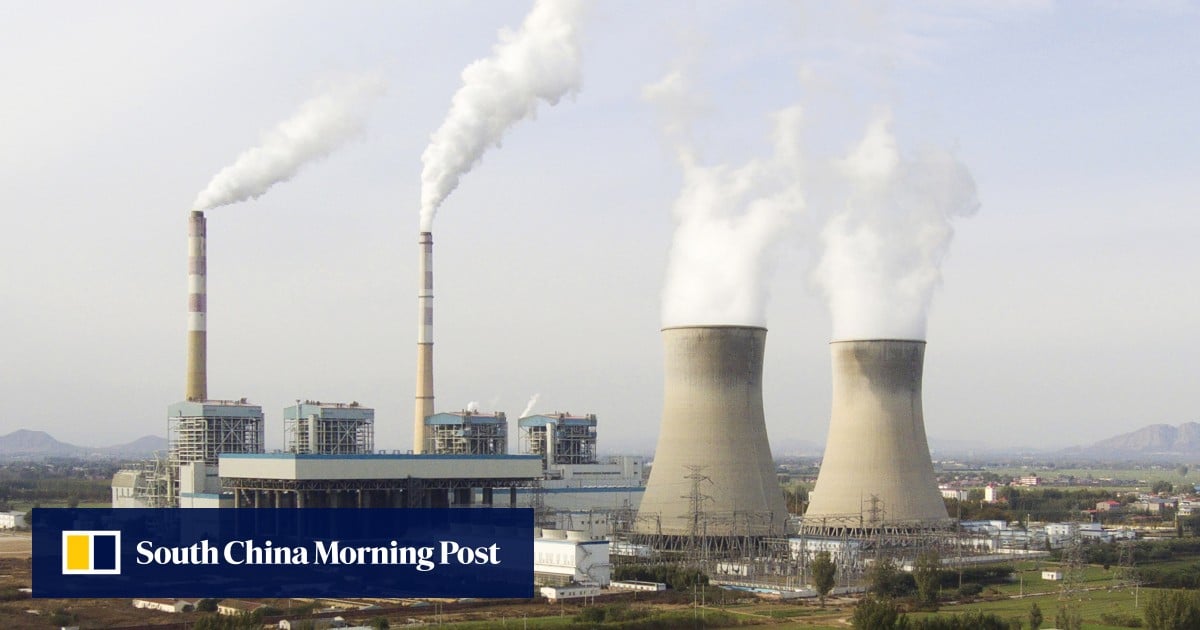G7 ministers said on Tuesday that efforts to raise money to help poorer countries adapt to climate change should include countries “capable of contributing”, in a message aimed at China.
Just a small fraction of the money needed to fund clean energy and build resilience to extreme weather in less developed countries is raised each year, eroding much-needed trust in climate negotiations.
There is also a vigorous debate around who should pay, with some parties calling for China and other major emerging economies to chip in.
China’s and India’s coal habits are slowing down the green transition
China’s and India’s coal habits are slowing down the green transition
“We emphasise the G7 countries intend to be leading contributors to a fit-for-purpose goal, underlining the importance of including in any … [fund] those countries that are capable of contributing,” the ministers said in a statement after two days of talks in Turin.
Franck Riester, the minister representing France on climate issues, said: “By making it clear that we were calling on other countries to contribute, we want China to join us in this direction.”
Under a UN climate treaty signed in 1992, only a small handful of high-income countries that dominated the global economy at the time were required to pay climate finance.
China was not among them, but today is not only far wealthier, but is also the world’s largest polluter.
The G7 ministers – who represent Italy, the United States, the UK, France, Germany, Japan and Canada – recalled the goal of raising at least US$100 billion a year in climate finance.
According to the OECD, this goal was only likely met for the first time in 2022, two years late.
And this is far from the estimated US$2.4 trillion annually that developing countries – excluding China – will need to meet their climate and development needs.
China drives global increase in coal-power capacity amid building boom: report
China drives global increase in coal-power capacity amid building boom: report
Nations meeting in Azerbaijan in November for the next UN climate talks are supposed to agree a new fundraising target.
UN climate chief Simon Stiell had urged the ministers on Monday to lean on their fellow finance ministers and treasurers to get them to see “a quantum leap in climate finance, as core business”.
“‘Challenging budget conditions’ is not an acceptable excuse for failing to deliver substantial new public climate finance pledges,” he said.


